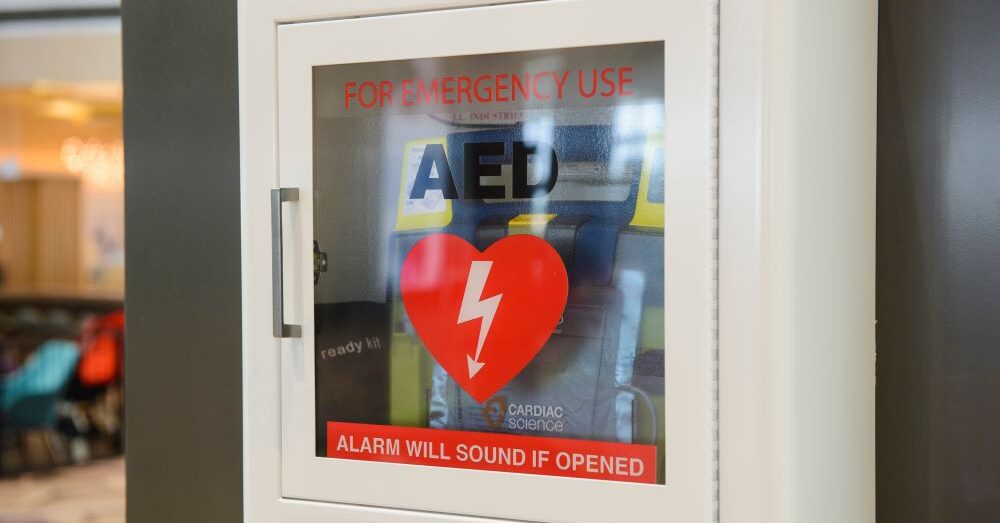Texas lawmakers have approved the “Landon Payton Act,” a significant legislative move to enhance cardiac emergency preparedness in schools. The bill, formally known as Senate Bill 865, is named in honor of Landon Payton, a 14-year-old Houston middle school student who died on August 14, 2024, after collapsing during a gym class. The legislation is now awaiting the signature of Gov. Greg Abbott.
Key Provisions of the Landon Payton Act
If signed into law, the Landon Payton Act will require all public schools and open-enrollment charter schools in Texas to institute cardiac emergency response plans, reports Houston Public Media. The bill outlines specific measures such as:
- Mandatory training in CPR and the use of automated external defibrillators (AEDs) for certain staff members and students
- Creation of a designated “cardiac emergency response team” within each school
- Implementation of annual cardiac arrest drills.
The legislation also seeks to improve the existing requirements for AEDs in schools. Currently, while schools are mandated to have AEDs onsite, Senate Bill 1177, recently signed by Abbott, will now require AEDs to undergo inspections during fire safety checks.
The Case That Sparked Change
Landon Payton’s death highlighted critical gaps in emergency preparedness at schools. According to the Houston Federation of Teachers union and the family’s legal representatives, the AED at Payton’s school malfunctioned during the emergency, and there were questions about the adequacy of staff CPR training, reports Straight Arrow News. These oversights prompted an outcry from families, educators, and policymakers, leading to legislative action nearly a year later.
The urgency of this legislation is underscored by national statistics. Each year, more than 356,000 out-of-hospital cardiac arrests occur in the United States, and nearly 90% are fatal, according to the American Heart Association. Sudden cardiac arrest can affect anyone, including children in school settings. However, in schools equipped with functional AEDs, the survival rate for students experiencing cardiac events is 70% — a stark contrast to the overall survival likelihood of similar incidents.
Related Article: CPR and AED Training in Schools and Colleges Saves Lives
Earlier this month, the importance of AEDs and CPR training was further demonstrated in New York. At a high school soccer game, Andrew Pihlblad, a 45-year-old visiting soccer coach, went into cardiac arrest during the match. Quick action from CPR-certified spectators and access to a readily available AED saved his life.
Advocates for the Landon Payton Act emphasize that consistent and thorough training, combined with proper equipment maintenance, is critical to ensuring schools are prepared for similar emergencies. If enacted, this legislation could serve as a model for other states aiming to enhance safety measures in educational institutions.

